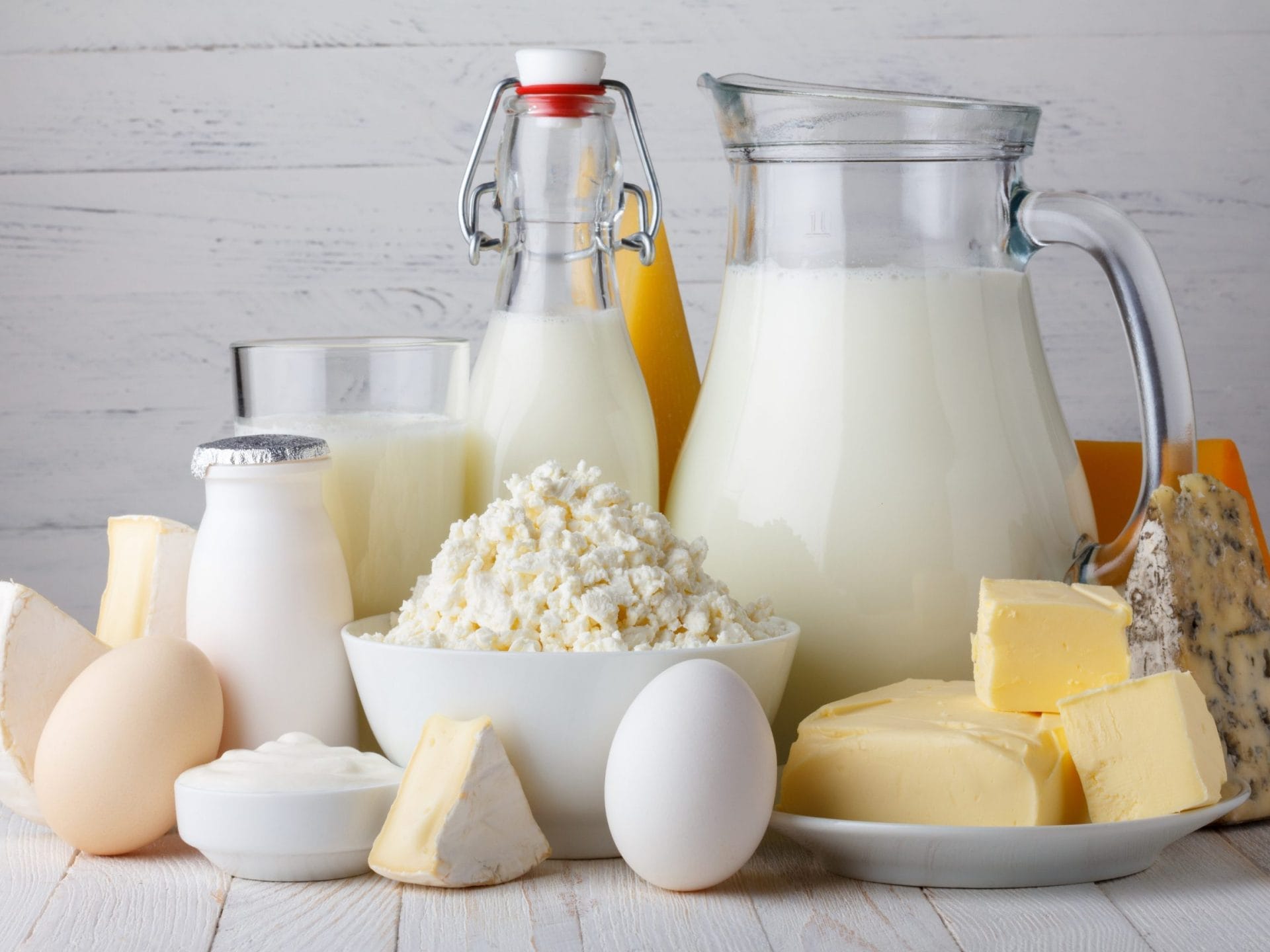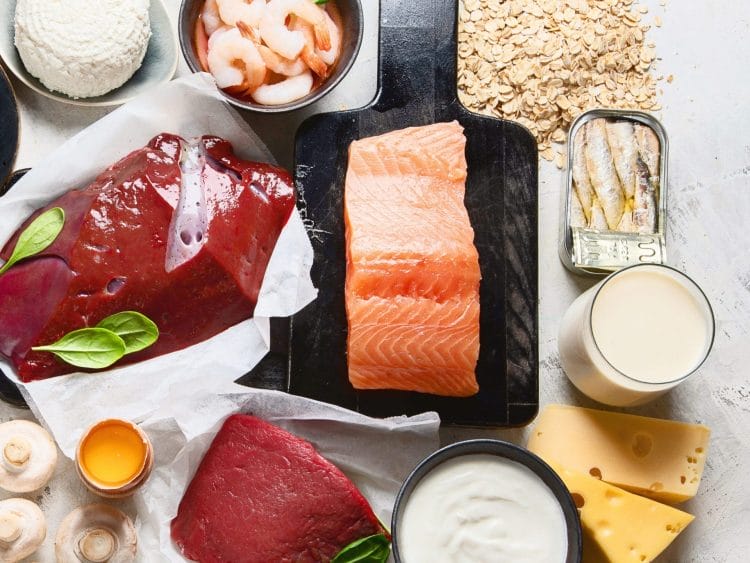Ensuring a well-balanced diet with essential nutrients is crucial for supporting cognitive function. However, with the grocery store aisles full of extensive supplements, vitamins and minerals, it can be challenging to know which nutrients are most important to hone in on when it comes to maintaining optimal brain health.
In this 11-part series, we will explore everything from Vitamin A to Z (zinc!) to highlight the science-backed benefits of each nutrient, with a specific focus on its significance for women’s cognitive function. We will break down the emerging evidence and highlight which foods serve as rich sources of these nutrients so that you can find new recipes to incorporate them into your healthy, balanced diet.
Let’s tackle the third vitamin on our list – Vitamin B2.
Riboflavin, also known as vitamin B2, is a member of the B complex of vitamins, which is a group of water-soluble vitamins that play a crucial role in various physiologic processes in the body – including many which affect brain health. All types of B vitamins are known as ‘essential’ vitamins, meaning that the body is unable to make enough on its known.
While bacteria in the gut can produce small amounts of riboflavin, it must additionally be obtained in the diet to meet our dietary needs.
In addition, riboflavin is a water-soluble vitamin, meaning that it does not get stored in the body for long periods of time and must be consumed regularly to meet the body’s metabolic demands.
Some vegetables, like spinach and broccoli, contain riboflavin, although the amounts are relatively lower than in animal-based sources. Dairy products such as milk, yogurt, and cheese, are rich sources of riboflavin, in addition to lean meats like poultry, beef and fish. In populations whose diets lack dairy products and meat, riboflavin deficiency can occur if not supplemented with cruciferous, dark, and leafy green vegetables.
One of the notable roles of vitamin B2 is its ability to create an anti-inflammatory environment in the brain and body. Riboflavin is a precursor to key proteins that protect the brain from oxidative stress and toxic molecules that are produced during normal metabolism.
Oxidative stress has been linked to inflammation around the nerves in the brain which can result in symptoms like headache and migraine. Adequate riboflavin levels may contribute to maintaining a healthy antioxidant defense system in the brain.
An early study from 1998 published in Neurology designed a small trial to study riboflavin supplementation as a prophylactic  therapy for migraine prevention. The team randomized 55 adults with migraines to receive either a riboflavin supplement or a placebo pill for the four-month duration of the study.
therapy for migraine prevention. The team randomized 55 adults with migraines to receive either a riboflavin supplement or a placebo pill for the four-month duration of the study.
Not only did riboflavin reduce the number of migraine attacks, it also significantly reduced the total number of days that participants had mild-moderate headaches. Maximal benefits were seen after three months of supplementation.
A large systematic review published in the Journal of Clinical Pharmacy and Therapeutics 2017 again found that in most studies published to date, riboflavin shows a consistent, albeit moderate, effect on reducing the frequency of migraines in adults and children when supplemented for at least three months.
Importantly, the safety profile of Vitamin B2 is excellent and there have been minimal side effects reported through the clinical trials. This is owing to the fact that your gut can only absorb a limited amount of riboflavin – and any excess is excreted safely in the urine.
Because of its efficacy, excellent tolerability, and low cost, riboflavin is an interesting complementary option for migraine prophylaxis.
Maintaining a balanced diet that includes foods from all food groups can help to ensure an adequate intake of riboflavin and other essential nutrients that play a vital role in maintaining brain health.
Look for our next article on Vitamin B9 (folic acid) coming next month!




